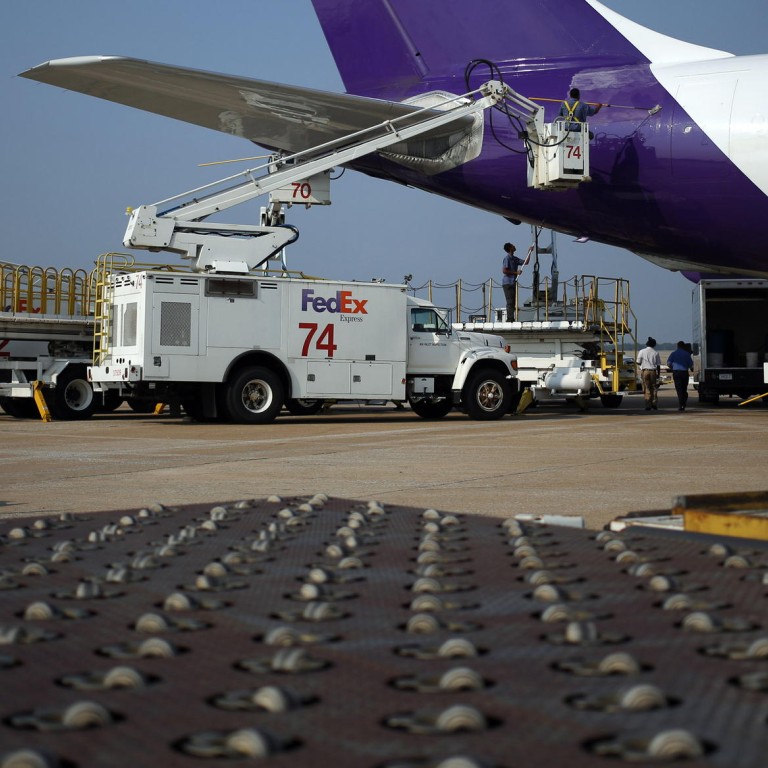
EC disclosure on air cargo findings clears way for damages claims
Publication of European Commission findings on air cargo cartel will open the way for legal action by logistics companies, says lawyer
A move by the European Union's top executive body to disclose the details behind an air cargo cartel that prompted it to fine 11 airlines, including Cathay Pacific Airways, will make it easier for logistics companies to press for damages, an antitrust lawyer says.
Christopher Rother, the head of antitrust and competition law at German railway operator Deutsche Bahn, cited the release in October of a summary of the European Commission's 2010 decision to fine the airlines as strengthening the hand of litigants in seeking damages in the courts.
Deutsche Bahn's logistics arm DB Schenker filed a lawsuit at the end of last year against two of the airlines that the EC found had engaged in a cartel from 1999 to 2006.
In a separate lawsuit in the United States in August, it named five airlines - some of which also are cited in the European case - as being members of the same cartel. It is seeking about US$2.5 billion in damages from them.
"The European Commission published the summary of the decision [in October]. It put into places bits and pieces of the puzzle," Rother told the . Some details of the cartel had been confidential before publication of the summary.
"The plaintiff is obliged to produce evidence to the court to prove it has suffered," Rother said, adding that the company's goal was to seek redress through settlements.
After the release of the summary, Deutsche Bahn last month filed an amended suit in Cologne that brought in nine more defendants, including Cathay.
Cathay yesterday said it was not aware of any such claim being served on it.
"The European Commission's decision to fine the airlines has binding effect on German courts, so the airlines could not argue that they didn't do it. The question now is for the court to decide how much damage has been caused," Rother said.
Jens-Oliver Voss, a spokesman at Deutsche Bahn, said: "We are looking for negotiations in the cases, which we think is the best way. We are not interested in lawsuits that are going to last for several years."
Rother said the earlier the airlines were willing to negotiate a settlement with Deutsche Bahn, the greater "discount" they might get on the claim. "Settlement means both sides need to compromise a bit. It needs to be attractive for defendants to enter into settlement," he said.
In the German lawsuit, Deutsche Bahn was claiming US$2.25 billion, making it one of the largest claims brought in Germany, Rother said.
He said the claim comprised US$1.5 billion in damages and US$690 million in interest, as German tort law allowed the calculation of interest from the time of infringement, in this case 1999.
Deutsche Bahn had settled with a number of airlines as part of a class action lawsuit filed in 2006 in relation to the cartel, but it opted out of settlement with some other carriers because it was not satisfied with the compensation.
Rother said 20 million of Schenker's shipments were affected by the cartel between 1999 and 2006. Lufthansa, one of the airlines with the largest share of the cartel, had 10 to 20 per cent of the share, while Cathay's share was in the "mid-range", he said.
Cathay said earlier this year it had to pay about HK$602 million for cargo antitrust class actions in the US and Australia. It said a sufficient amount to cover the settlements was provided in the company's accounts before last year.
Other airlines named in Deutsche Bahn's lawsuit include Lufthansa, British Airways, Singapore Airlines and Air Canada.
